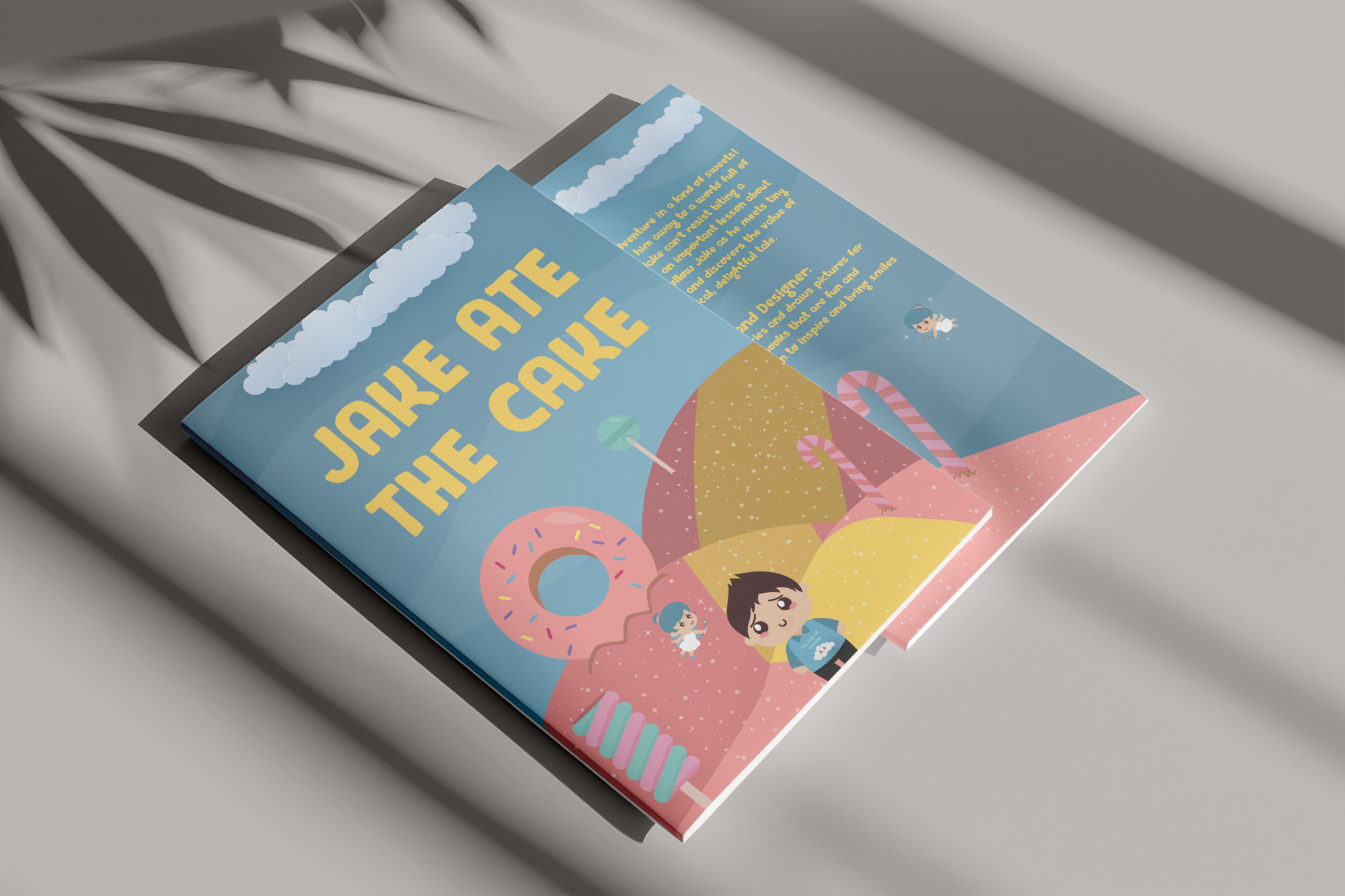What’s With Baum? By Woody allen — Review & Reflections 2025
Woody Allen is finally calling himself a novelist, with the release of his first full-length work of fiction. What’s With Baum? (technically closer to a novella) introduces us to Asher Baum, a neurotic, self-doubting New York writer whose anxieties and jealousies dominate nearly everything he does.
What the Book Is
Here’s a sketch of the plot and themes, based on publisher descriptions and reviews:
- Baum is a middle-aged Jewish journalist turned playwright/novelist. He’s not doing great: his serious books get lukewarm reviews; a major publisher dropped him.
- His third marriage is shaky. He suspects his younger, successful brother is involved somehow with his wife. He resents the success of his wife’s son (his stepson), who has a bestselling first novel.
- There’s also a scandal brewing: Baum makes a pass (or impulsive move) toward a young journalist during an interview, which could go public.
- Much of the action is internal, monologues, paranoia, self-scrutiny, jealousy. Baum often talks to himself, debates with himself, wonders if he is simply bitter or if his introspection has value.
Stylistically, the book has the hallmarks of Woody Allen’s signature: New York neuroses, literary and cultural name-checks, existential angst, irony, self-deprecation. It’s slim, sharp in places, uneven in others.
What Critics Say, The Strengths and the Weaknesses
Reading several reviews gives a mixed but fairly consistent picture. Here are some of the high points and criticisms:
What Works
- The humor still lands in many places. Allen’s voice, that mix of anxiety, absurdity, self-mockery, remains recognizable and, in moments, quite effective.
- There are moments of genuine self-scrutiny that feel vulnerable: when Baum acknowledges his flaws, his insecurities, his failures. These moments give more depth than pure caricature.
- For fans of Allen’s past work, this is familiar territory (which is both a comfort and a source of expectation). The milieu (literary New York, critics, jealousy, failed relationships) is in his wheelhouse.
What Falls Short
- The characters outside Baum often feel thin, or exist mostly as foils to his neuroses. There are fewer fully realized others, which means the internal drama sometimes gets unbalanced.
- Some critics find the prose clunky in places; the narrative depends heavily on tropes (jealous middle-aged writer, suspicious spouse, failed marriages) that feel recycled from Allen’s past. There’s an argument that these tropes no longer surprise.
- Credulity stretches: the scandals, jealousies, insinuations sometimes feel over the top or contrived. The plotting around the scandal with the journalist and Baum’s mis-steps might feel more like a provocation than realistic.
My Take: Has Woody Allen Made a Novel Worth Reading?
Overall, What’s With Baum? is worth reading if you have a taste for Allen’s brand of melancholic comedy, cultural reference-rich monologues, and existential discomfort. It isn’t a masterpiece, but it’s a true Woody Allen piece, familiar, odd, sometimes irritating, but with enough moments to make it interesting.
Some reflections:
- I found that the strongest moments happen when Baum is not just ranting, but reflecting, when shame, regret, or self-awareness break through. Those bits redeem many of the more indulgent or cringe-worthy scenes.
- The introspective, almost meta nature of the story works well in short doses. But as a full novel, the density of Baum’s inner life sometimes becomes repetitive; I wondered whether the novella length (if trimmed) might have sharpened the impact.
- Also, because Allen’s own life has been so publicly scrutinized (allegations, controversies, etc.), it’s hard reading this without seeing echoes. Some may see the book as a fictionalization or dramatization of his lived anxieties. Whether or not that was his intent, it makes certain parts more provocative.
- In terms of pacing, the story ticks along via internal crisis more than external action. If you like plot-driven novels, this might frustrate you; if you like character and voice, the book has plenty to chew on.
Final Thoughts
If What’s With Baum? were a movie, it would feel like a late Allen film: introspective, more talk than action, weighted with regrets and impulse, lighter on plot surprises, strong on voice. As a novel, it doesn’t fully transcend its creator’s style, but it does enough to be engaging and, in spots, moving.
I’ll give it 3.5 out of 5: not essential, but for Allen fans or anyone curious about how aging, artistic doubt, jealousy, and scandal might look in prose, it’s a satisfying, flawed ride.
More
more
like this
like this
On this blog, I write about what I love: AI, web design, graphic design, SEO, tech, and cinema, with a personal twist.









